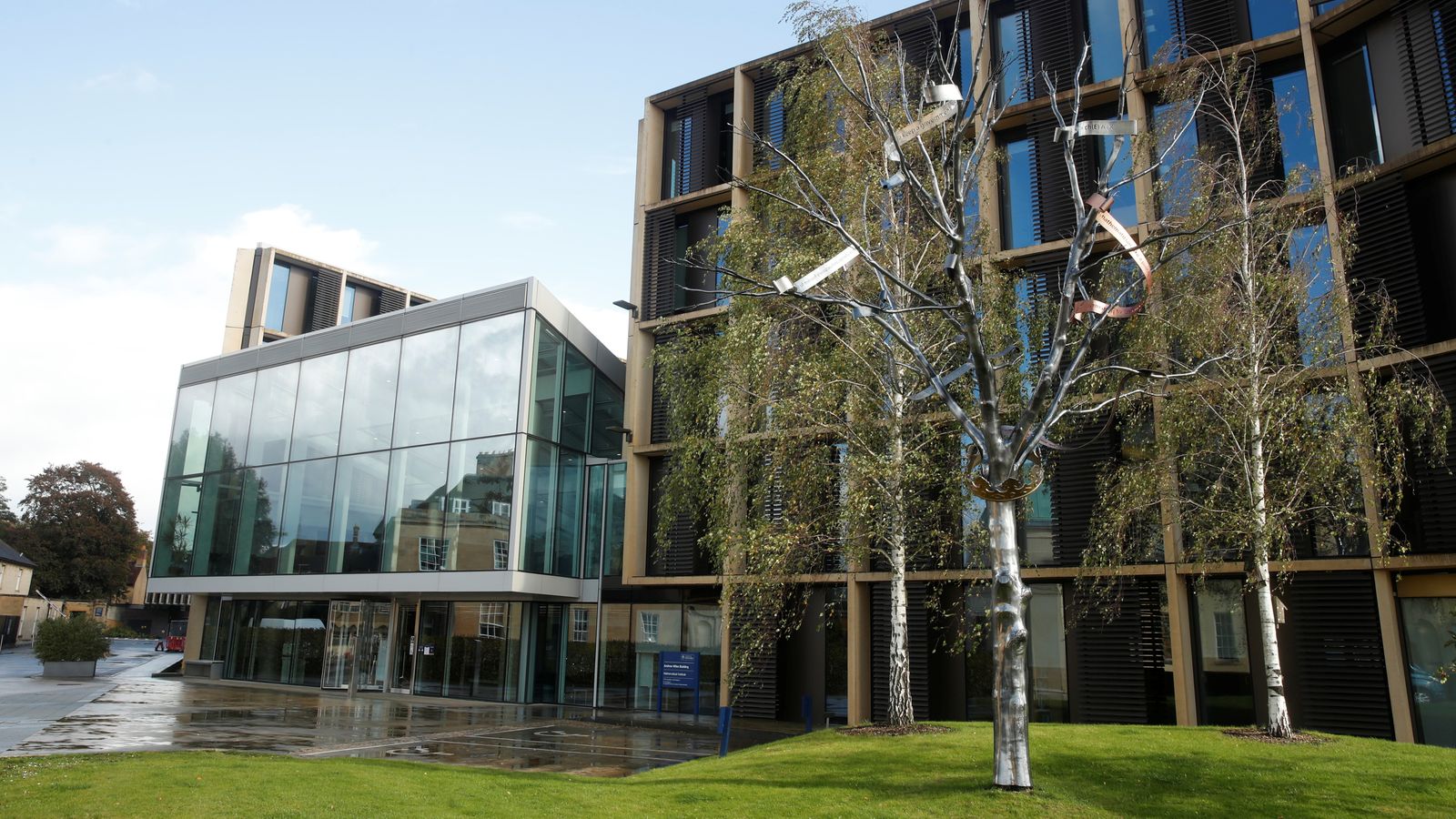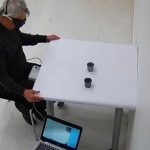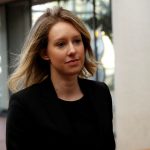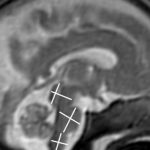Scientists have for the first time used artificial intelligence to suggest and prove new mathematical theorems.
The potential breakthrough came in a collaboration between mathematicians who specialise in pure mathematics at the universities of Oxford and Sydney, alongside Google-owned DeepMind.
Their work examined knot theory and representation theory, areas of “pure mathematics” which typically depend on human intuition for breakthroughs.
DeepMind has repeatedly been able to crack problems that require analysing an enormous amount of data and computation, such as learning how to play computer games better than humans can, or figuring out how proteins can be folded.
Now, in a paper published in the journal Nature, researchers have explained how DeepMind was also able to uncover patterns and connections in the advanced mathematical fields of knot theory and representation theory.
Mathematicians at the University of Oxford used the AI to discover a surprising connection between algebraic and geometric invariant knots, establishing a completely new theorem in the field.
Professor Andras Juhasz, of Oxford’s mathematical institute, said: “Pure mathematicians work by formulating conjectures and proving these, resulting in theorems. But where do the conjectures come from?
Tech firm zaps cow slurry with artificial lightning to cut methane emissions
Variations in Earth’s orbit have affected biological evolution, study finds
Twitter bans sharing images of people without their consent
“We have demonstrated that, when guided by mathematical intuition, machine learning provides a powerful framework that can uncover interesting and provable conjectures in areas where a large amount of data is available, or where the objects are too large to study with classical methods.”
His colleague Professor Marc Lackey added that he had been fascinated to see how DeepMind’s machine learning helped them develop “new and unexpected connections between different areas of mathematics”.
Professor Geordie Williamson and his colleagues at the University of Sydney were able to use the connections proposed by the AI to bring them closer to proving a conjecture that has been unsolved for 40 years.
Prof Williamson said: “Problems in mathematics are widely regarded as some of the most intellectually challenging problems out there.
“While mathematicians have used machine learning to assist in the analysis of complex data sets, this is the first time we have used computers to help us formulate conjectures or suggest possible lines of attack for unproven ideas in mathematics,” he said.
“Intuition can take us a long way, but AI can help us find connections the human mind might not always easily spot,” the professor added.






















